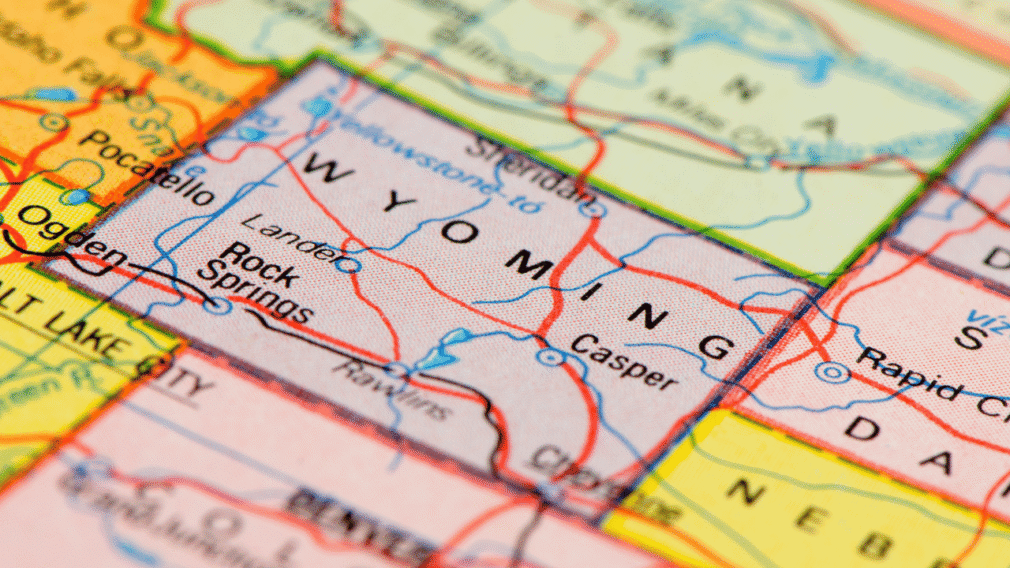Wyoming Gambling Tax Talks Collapse Amid Deep Divisions, No Further Meetings Planned
Discussions over the future of gambling taxation in Wyoming have reached a complete standstill, with a key legislative committee ending its interim work in a state of acrimony and division. The Select Committee on Capital Financing and Investments adjourned its final meeting early after failing to advance any of the proposed tax increases or regulatory changes, and its co-chair has stated she has no plans to convene the group again on the topic.

A Contentious Meeting and a “Wasteful” Process
The committee’s final meeting was marked by sharp disagreements between its Senate and House members. The primary point of contention was a proposal to double the state’s tax on online sports betting from 10% to 20%. The measure, which was ultimately voted down, drew a strong rebuke from the sports betting industry.
Sarah Filosa of the Sports Betting Alliance argued that higher tax rates would harm consumers by leading to fewer promotions and less favorable odds, which could in turn push bettors to illegal offshore sites.
However, it was the internal divisions on the committee that ultimately scuttled the process. State Representative John Bear, a staunch opponent of any tax increases, argued that he did not want the state to become reliant on gambling revenue and that his colleagues were too focused on the money and not enough on the potential dangers of addiction.
This stance drew a sharp rebuke from the committee’s co-chair, Senator Tara Nethercott, who accused the House members of being obstructionist and of wasting legislative time and resources. After the tax proposal failed, Nethercott sarcastically asked, “Should we just quit for the day?” and later called the unproductive meeting “wasteful.”
No Path Forward for Now
With the committee’s work now concluded, there is no immediate path forward for any of the proposed changes. In addition to the failed sports betting tax hike, a proposal to create a central monitoring system for all gambling activity and a measure to increase the tax on skill games were also left on the table.
Senator Nethercott made it clear that she would not be calling any more meetings on the topic. “I don’t intend to have another meeting on this topic,” she stated, adding that she believes Wyoming may need a “cooling off period” for the situation to “get worse” or “obviously out of hand” before the legislature will be spurred to action.
While the committee is done, individual lawmakers can still introduce their own bills during the 2026 legislative session. However, these proposals often face a more difficult path to passage in a budget year.
The immediate outcome of the impasse is a victory for the gambling industry, which has successfully fought off a significant tax increase. However, the lack of consensus also leaves Wyoming without a clear, long-term strategy for managing its rapidly expanding and increasingly complex gambling landscape, a situation that Senator Nethercott suggested may not be “good for the people of Wyoming.”
Recommended
